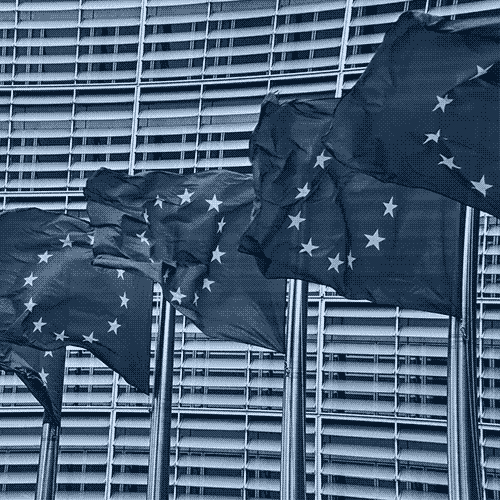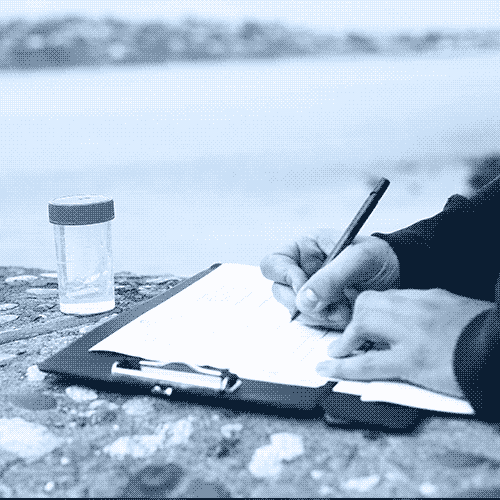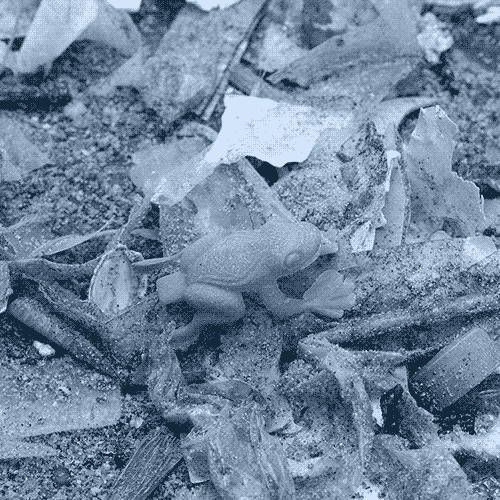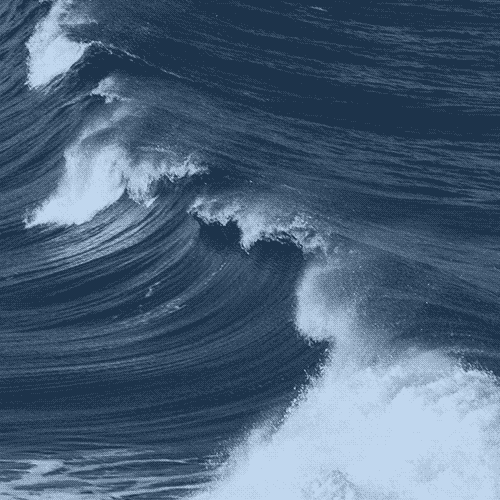our impact
Campaigns
Faced with the environmental emergency and the growing number of threats to aquatic ecosystems – plastic pollution, deterioration in water quality, under-representation of the Ocean and aquatic ecosystems in public policy – the association is developing targeted advocacy campaigns aimed at changing European legislative frameworks and empowering all actors in society.
From bathing water quality to the fight against plastic, and the integration of the Ocean into the European political agenda, Surfrider Foundation Europe is stepping up its initiatives to transform environmental issues into concrete political priorities.

Healthy Waters – an advocacy campaign to demand a healthy aquatic environment
Surfrider Foundation has launched its Healthy Waters campaign to demand that decision-makers guarantee excellent water quality for all Europeans.
This campaign aims to defend the fundamental right to clean, healthy water, which is essential not only for human health but also for aquatic biodiversity and ecosystem resilience. It is based on an integrated approach that takes into account the impacts of pollution on biodiversity, human health and the balance of aquatic ecosystems.
Surfrider calls on decision-makers to act upstream of problems, tackling the sources of pollution directly rather than merely taking remedial measures. This means promoting more ambitious preventive policies and more rigorous monitoring systems.
A European Manifesto for Healthy Waters
For more than 30 years, Surfrider Foundation has been actively involved in issues relating to the management and monitoring of aquatic environments. In 2006, the NGO played a key role in the first revision of the European Bathing Water Directive. Since 2020, it has been promoting a Manifesto for Healthy Waters.
This manifesto, supported by numerous European organisations, advocates seven key demands to improve the quality of recreational waters and strengthen public action on this crucial issue
Among our main demands:
- Integrate additional environmental indicators into the current bacteriological parameters.
- Strengthen prevention at the source of chemical, plastic and agricultural pollution.
- Ensure complete transparency on the quality of water accessible to the public.
- Involve citizens and civil society organisations in water management governance.
Multiple types of pollution to combat
Water quality is threatened by several types of pollution:
- Bacteriological pollution: from urban waste, sewage, runoff, recreational boating and maritime tourism.
- Chemical pollution: heavy metals, hydrocarbons, pesticides, and drug residues from human and industrial activities.
- Nutrient pollution: excess nitrates and phosphates, which are responsible for the degradation of aquatic ecosystems.
- Algal blooms: encouraged by climate change and maritime transport, harmful to biodiversity and the health of aquatic environment users.
- Plastic waste pollution: billions of microplastic particles contaminate our oceans, affecting wildlife, flora and human health.
By advocating for more ambitious policies, Surfrider Foundation is working to preserve water quality, a precious common good for present and future generations.

Break The Plastic Wave: a campaign to stop plastic pollution at its source
Faced with the environmental emergency, the time for reflection is over; now is the time for action. Public institutions, businesses, citizens: we all have an essential role to play in reducing plastic production and consumption. It is our collective responsibility to stem the tide of plastic pollution that threatens our ecosystems and human health.
With its Break the Plastic Wave campaign, Surfrider Foundation is calling on all stakeholders to take active steps to combat plastic pollution. This fight requires concrete action, responsible choices and an ambitious legislative framework.

Public decision-makers ...
- Adopt ambitious legislative measures to reduce the production of single-use plastics.
- Ban the addition of microplastics in all products manufactured in Europe.
- Ensure the ban on the intentional addition of microplastics in products manufactured in Europe (cosmetics, synthetic sports pitches, etc.).
- Promote reuse and deposit systems by creating strong regulatory incentives.
- Integrate plastic waste reduction into all public policies and set an example within government departments.
- Adopt measures to prevent pollution from so-called ‘secondary’ microplastics (textiles, tyres, fishing nets, etc.).
Industries and businesses...
- Design sustainable, reusable and repairable products that limit the use of plastic.
- Reduce excess packaging and promote eco-designed alternatives.
- Assume their environmental responsibility by integrating plastic waste reduction into their overall strategy.
- Do not use additives that are potentially toxic to the environment and/or human health
A visible impact: field data
The findings are alarming: 75% of the waste collected during Ocean Initiatives is single-use plastic (bottles, bags, food packaging, etc.).
Their useful life is short, but their impact on the environment is long-lasting. Once in the natural environment, this waste breaks down into microplastics, contaminating soil, water and the food chain.
Remaining mobilised in the face of pressure
Industrial lobbies are attempting to slow down the introduction of restrictive regulations. It is crucial to keep up the pressure so as not to compromise the progress that has been made. Ecology must not be a mere marketing ploy, but a fundamental pillar of public policy and corporate strategy.
Surfrider Foundation continues its work by calling on national and European institutions to take strong measures, particularly against pollution from industrial plastic pellets, and by supporting policies that promote the circular economy.

Blue Up - Giving the ocean a powerful voice
The ocean plays a central role in regulating the global climate, preserving biodiversity and providing a livelihood for millions of people.
Yet despite its crucial role, it remains under-represented in political decision-making at European level. To address this shortcoming, Surfrider Foundation launched Blue Up in April 2023.
The campaign’s ambition was clear: to place ocean protection at the heart of public policy during the election of new MEPs in May 2024.
It aimed to respond to the alarming threats facing the ocean by mobilising all stakeholders in society: citizens, political decision-makers, institutions and civil society organisations. Its main objective was to strengthen the ocean’s place on the European political agenda, in particular by integrating marine protection into climate, economic and social strategies.
The first phase of the Blue Up campaign consisted of mobilising various civil society stakeholders, including citizens who love the ocean, scientists and environmental experts, to draft concrete proposals for the protection of the ocean and aquatic ecosystems. This participatory approach made it possible to gather a variety of innovative ideas and solutions reflecting the expectations and needs of the populations affected by marine issues.
The proposals were then submitted to a Europe-wide voting and citizen support process. This public consultation phase reinforced the legitimacy of the recommendations by encouraging broad engagement among European citizens. The most supported proposals were consolidated and then presented to candidates in the European elections, with the aim of influencing their programmes and ensuring that the protection of marine environments is included in the European Union’s political priorities.
BeMed+: stepping up the fight against plastic pollution in the Mediterranean
The BeMed+ project aims to consolidate and amplify the efforts made by BeMed over more than 10 years to reduce plastic pollution in the Mediterranean. It incorporates the initiative’s long-standing activities, in particular support for Mediterranean stakeholders and facilitating the sharing of experiences within the Community of Practice and the Business College. The project breaks new ground by rolling out pilot actions on the ground in Albania and Tunisia, in regions with distinct environmental characteristics such as the tourist area of Monastir in Tunisia and the Shkumbin river basin in Albania.
These initiatives will be carried out in partnership with local and international organisations, ensuring in-depth knowledge of local issues.
